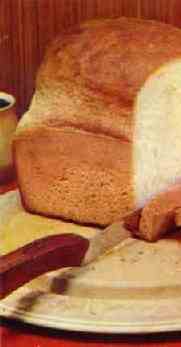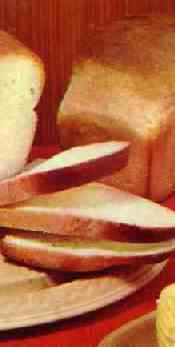| Background Information
|
| One of the major responsibilities of
governments in the time of war is to ensure the continuity of supplies of food.
|
 |
At the beginning of the First World War the British
government passed a Food Supplies Act which gave it powers to intervene if
supplies were in danger of running out, or if prices became too high for
ordinary working people to be able to afford enough to eat. The government
focused on keeping the trade routes open for shippind and on encouraging the
import of wheat. |
| There was concern about how much food people wasted.
People were also advised to economise. They were asked to use less sugar in
their tea, and to make-do with cheaper, lower-grade tea and cheap, streaky
bacon instead of leaner cuts. They were urged to spread butter more thinly on
their bread and to make use of the previous day's loaf for toasting. Stale
loaves could be damped and popped into the oven to make them fresh enough to
eat! If meat became too expensive, people were encouraged to eat tripe or
sheep's heads. A nourishing soup could be made, it was said, from mutton bones
and vegetables. |
| One problem that arose, since farmers
could get high prices for their beasts, was that they were tempted to sell
dairy cows that would otherwise have been kept for milking, and that they sold
animals that were still very young and had not grown fully, which meant that
less meat could be had from the carcass. |
| Britain was running very short of basic
foodstuffs in the winter of 1917. This was largely because of the difficulty of
bringing-food from overseas during wartime |
| Reports appeared in newspapers on 3
February 1917 that the government's food controller, Lord Devonport, wanted to
avoid compulsory rationing but that there was a very urgent need to economize.
People were asked to restrict their eating to no more than 4lb of bread or food
made from 3lb flour, 2lb 8 oz of meat (including bacon and sausages) and 12 oz
of sugar a week. There was no shortage, people were told, of fish or eggs.
|
| Newspapers published recipes for
nourishing food that required less meat, like a savoury meat roll made with
minced meat, bread and eggs or a stew made with chestnuts. People were
encouraged to eat more pulses, for example lentil soup, and to have herrings
for breakfast instead of bacon. |
| Hotels and gentlemen's clubs were asked to have
meatless days - days when there was no meat at all on the menu. |

|
| Sugar was the first thing to be rationed more
formally. In some parts of Britain sugar cards were issued by shops, for
example by Co-operative Stores, giving their customers the right to a limited
amout of sugar per week. |
| Compulsory food rationing was introduced in
Britain at the end of 1917, on a district or regional basis. It was organised
by area Food Control committees. It covered such items as margarine and butter
(4 ounces per head per week) and tea (only 1 and a half ounces per head per
week). |
| This can be compared with the daily ration for
soldiers which was 1lb 4oz meat and 2oz bacon, 1lb 4oz bread, 2.5oz sugar, 2oz
oatmeal (for porridge), 2 oz cheese, 4oz jam and 2oz vegetables plus tea and
salt. |
| The first place where rationing was
imposed on civilians in Britain was Pontypool, in Wales. It came into force on
17 December 1917 and extended the existing sugar card to cover tea, butter,
margarine, cheese and lard. On 1 January 1918 rationing was introduced for
300,000 people in the Birmingham area. Other parts of the country followed very
swiftly. |
| The effect of malnutrition (not having
enough of essential foods to eat) was vividly described in a newspaper of 14
February 1945, referring to people in France. People lost weight, and had a
poor colour. They lacked energy and felt the cold weather much more severely;
they were more susceptible to disease and there was an increase in rickets
amongst children. The paper said: 'There are children of four or five years old
who do not know what an egg is and have never drunk warm, creamy milk or bitten
into blocks of chocolate. All the things which make bones strong and healthy
and make children grow are extremely scarce.' |
Return to the
Hibbert Assembly Main Index |
![]()


![]()